Recently, the Indian Ministry of External Affairs has released a series of views on the country's foreign policy, as well as new information about Prime Minister Narendra Modi's visit.
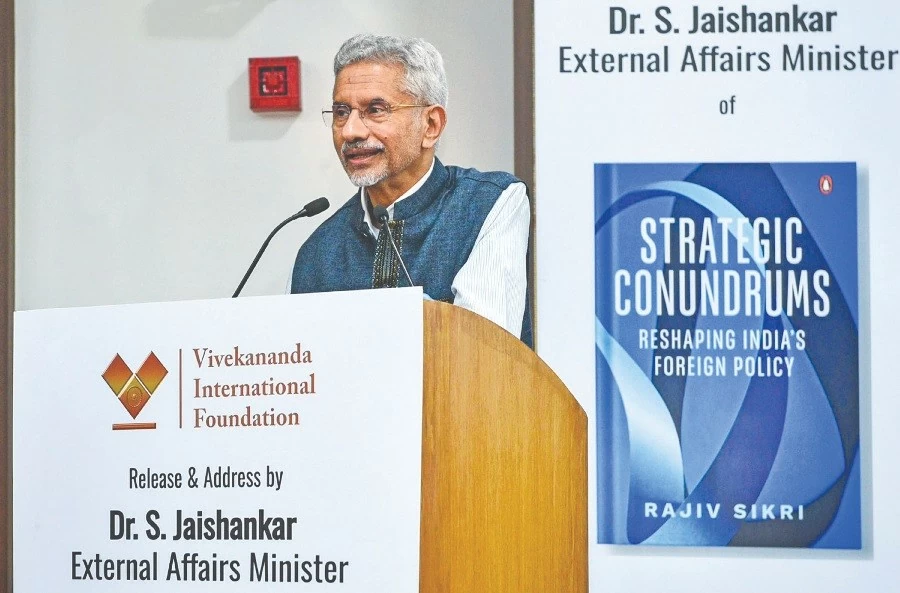 |
| External Affairs Minister S. Jaishanka speaks at the launch of the book 'Strategic Conundrums: Reshaping India's Foreign Policy'. (Source: Millennium Post) |
India Today magazine reported that on August 30, in the capital New Delhi, the book launch took place "Strategic Conundrums: Reshaping India's Foreign Policy" by Ambassador Rajiv Sikri - Director of the Eastern Department of the Ministry of Foreign Affairs of this country.
Speaking at the event, Indian Foreign Minister S. Jaishankar delivered a tough message about New Delhi's stance towards Pakistan, declaring that the era of "continuous dialogue" was over.
Besides, emphasizing that India will not be passive in its relationship with its neighboring country, the head of the country's foreign affairs clearly stated: "Whether the event takes place in a positive or negative direction, we will react."
On Bangladesh, according to Foreign Minister Jaishanka, it is obvious that New Delhi "will take up the issue" with the current government in the neighbouring country, after Prime Minister Narendra Modi expressed concerns about the safety of Hindus and other minorities in the politically unstable country.
Mr. Jaishanka also acknowledged that political changes in Bangladesh could disrupt cooperation between the two countries, but the parties "need to seek common interests."
Also on August 30, at a regular press conference, Indian Ministry of External Affairs (MEA) spokesperson Randhir Jaiswal mentioned Prime Minister Modi's visit to Kiev on August 23, stating that this visit will pave the way for "stronger bilateral relations" between India and Ukraine.
On the Russia-Ukraine conflict, according to Mr. Jaiswal, India “has always supported constructive, solution-oriented and pragmatic engagement with all stakeholders” to achieve the goal of resolving this crisis.
New Delhi, as a friend and partner of Moscow and Kiev, affirmed that it “will support any feasible and mutually acceptable solution or format to restore peace” and is “ready to play a constructive role” in this process.
However, the MEA spokesperson also noted that it is too early to comment on specific modalities and roadmaps at this stage, stressing that the decision on when and how to initiate peace talks is the prerogative of the two parties to the conflict.
Regarding Prime Minister Modi's diplomatic activities, Mr. Jaiswal said that the head of the Indian government is expected to make his first visit to Brunei on September 3-4 to strengthen bilateral cooperation in various fields.
The event will highlight Brunei's importance as a partner in New Delhi's Act East policy and Indo-Pacific vision.
After Brunei, Prime Minister Modi will travel to Singapore on September 4-5, where he is expected to meet President Tharman Shanmugaratnam and other leaders and business representatives of the host country.
Source: https://baoquocte.vn/an-do-khai-tu-ky-nguyen-doi-thoai-lien-tuc-voi-pakistan-se-ung-ho-bat-ky-dinh-dang-giai-quyet-xung-dot-nao-ma-nga-ukraine-chap-thuan-284527.html


![[Photo] More than 17,000 candidates participate in the 2025 SPT Competency Assessment Test of Hanoi National University of Education](https://vphoto.vietnam.vn/thumb/1200x675/vietnam/resource/IMAGE/2025/5/17/e538d9a1636c407cbb211b314e6303fd)


![[Photo] Prime Minister Pham Minh Chinh chairs meeting on science and technology development](https://vphoto.vietnam.vn/thumb/1200x675/vietnam/resource/IMAGE/2025/5/17/ae80dd74c384439789b12013c738a045)
![[Photo] Readers line up to visit the photo exhibition and receive a special publication commemorating the 135th birthday of President Ho Chi Minh at Nhan Dan Newspaper](https://vphoto.vietnam.vn/thumb/1200x675/vietnam/resource/IMAGE/2025/5/17/85b3197fc6bd43e6a9ee4db15101005b)


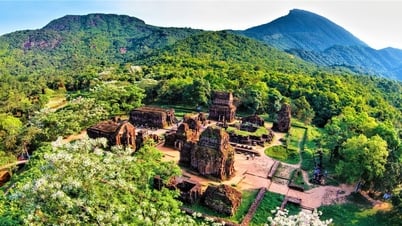

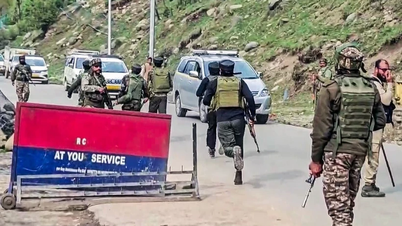

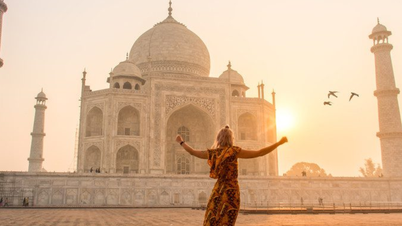




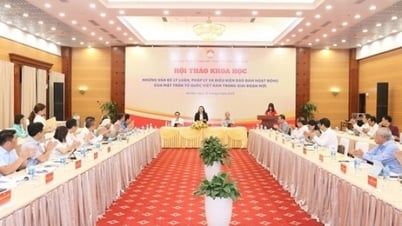

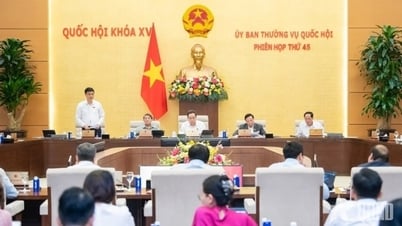
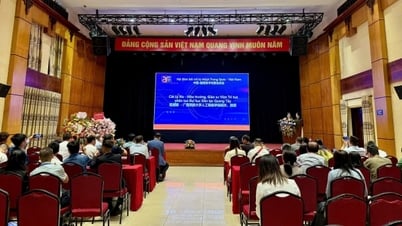
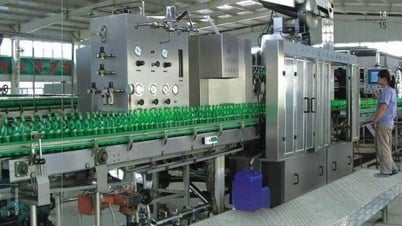






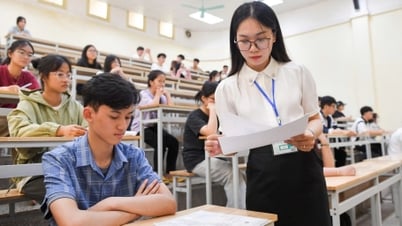
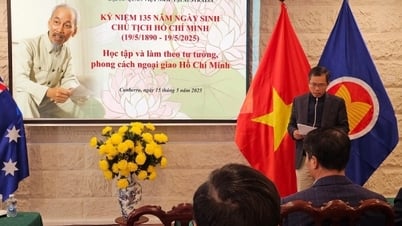
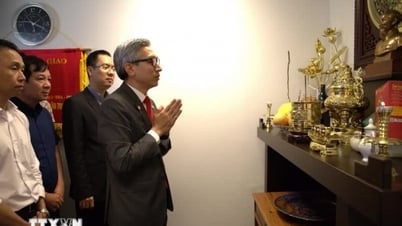
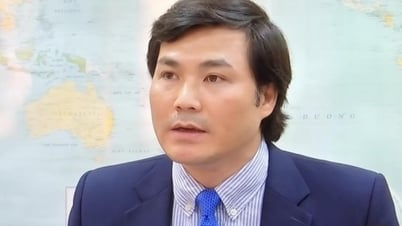

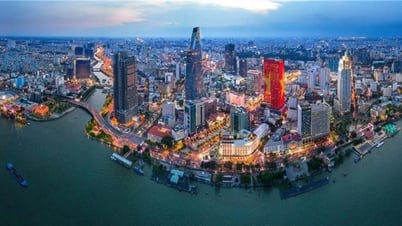
![[Photo] Nearly 3,000 students moved by stories about soldiers](https://vphoto.vietnam.vn/thumb/1200x675/vietnam/resource/IMAGE/2025/5/17/21da57c8241e42438b423eaa37215e0e)


















































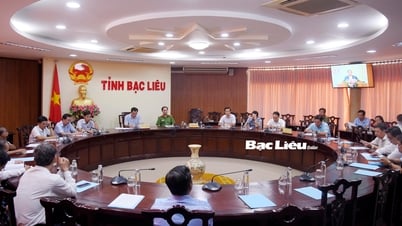
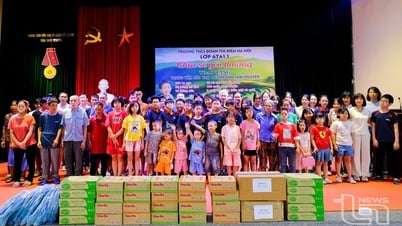

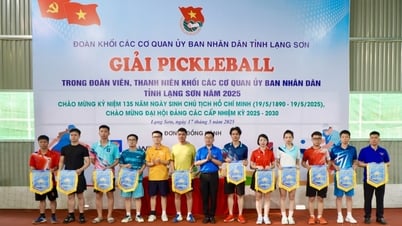

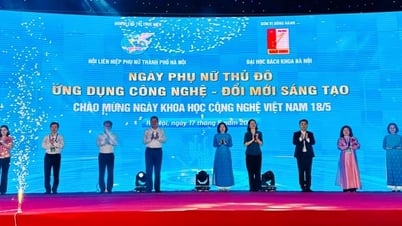

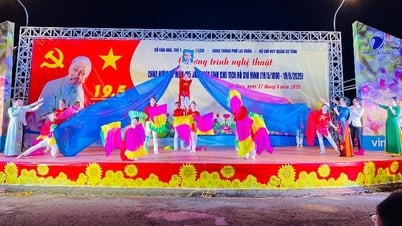











Comment (0)